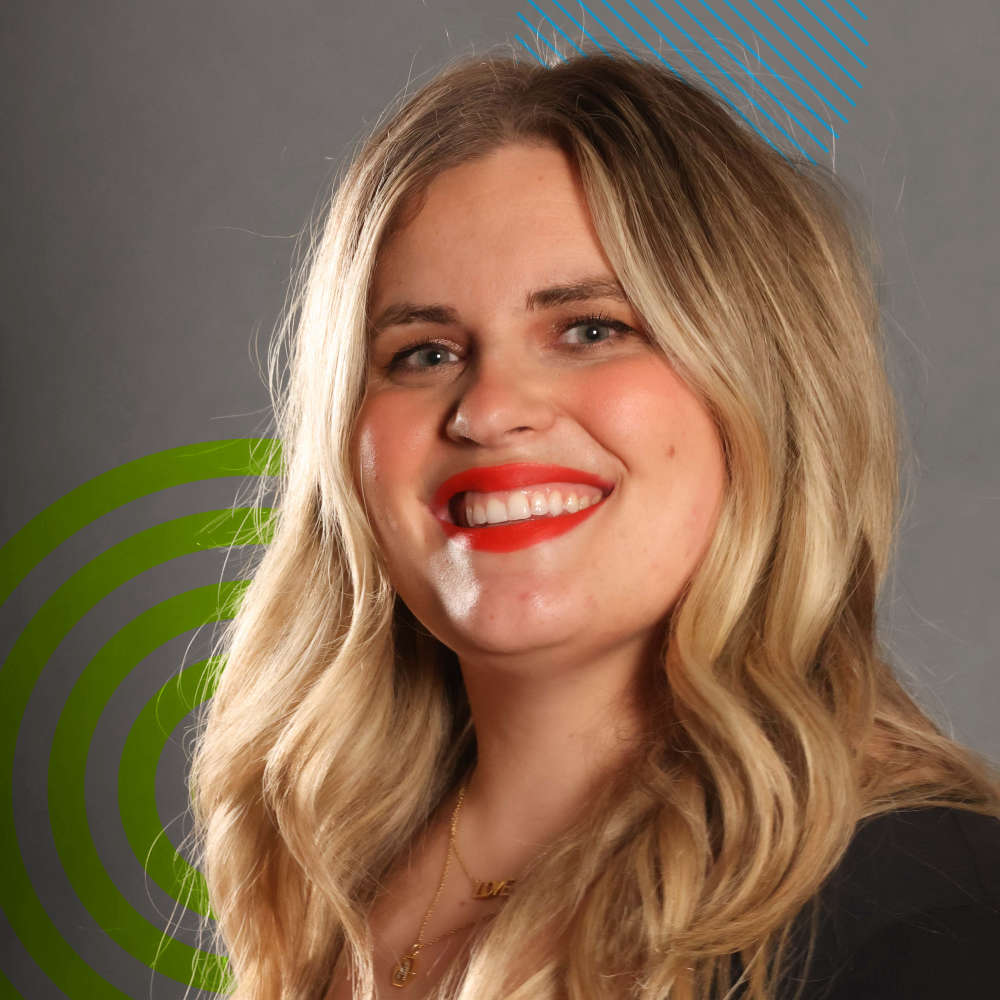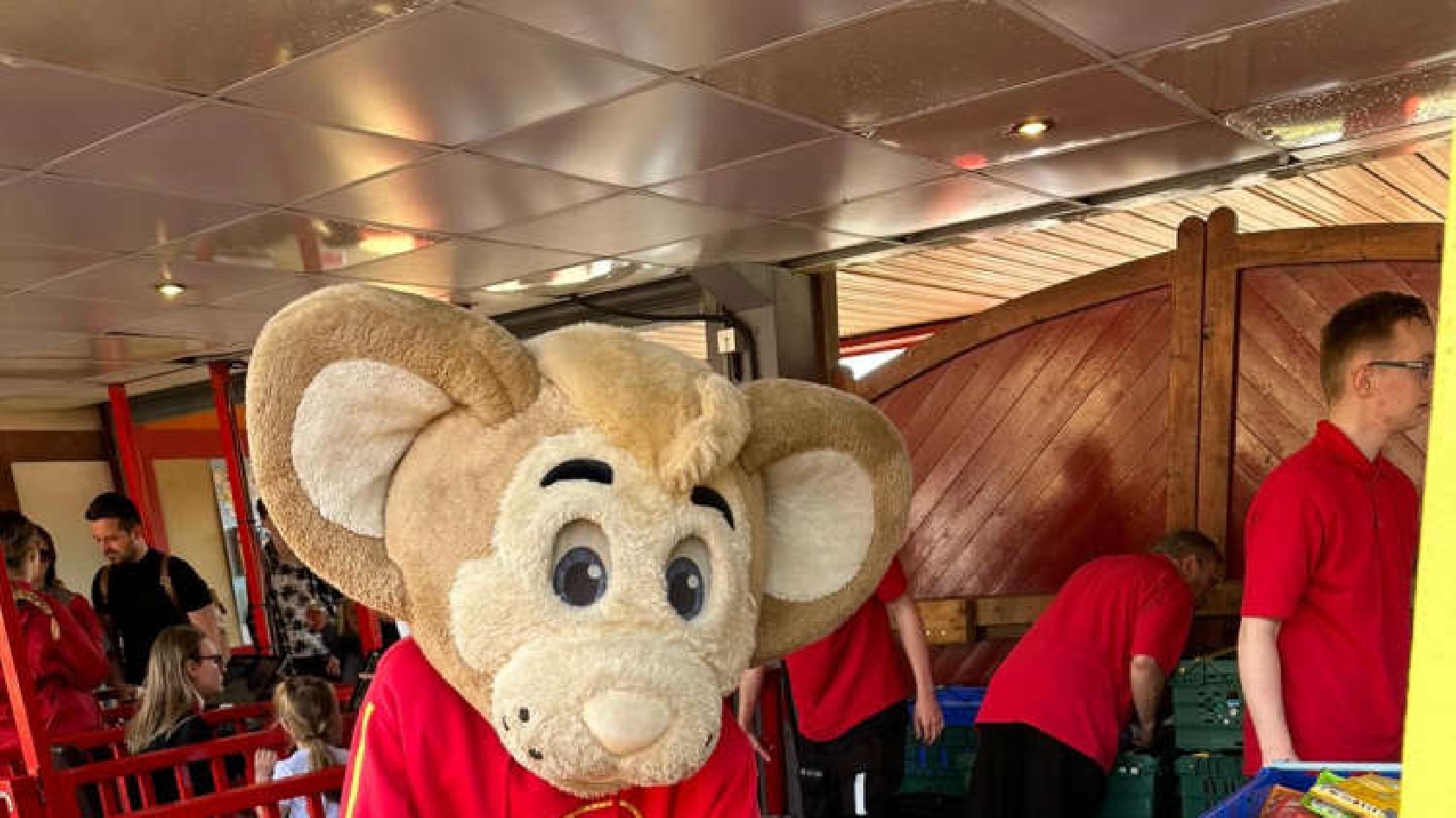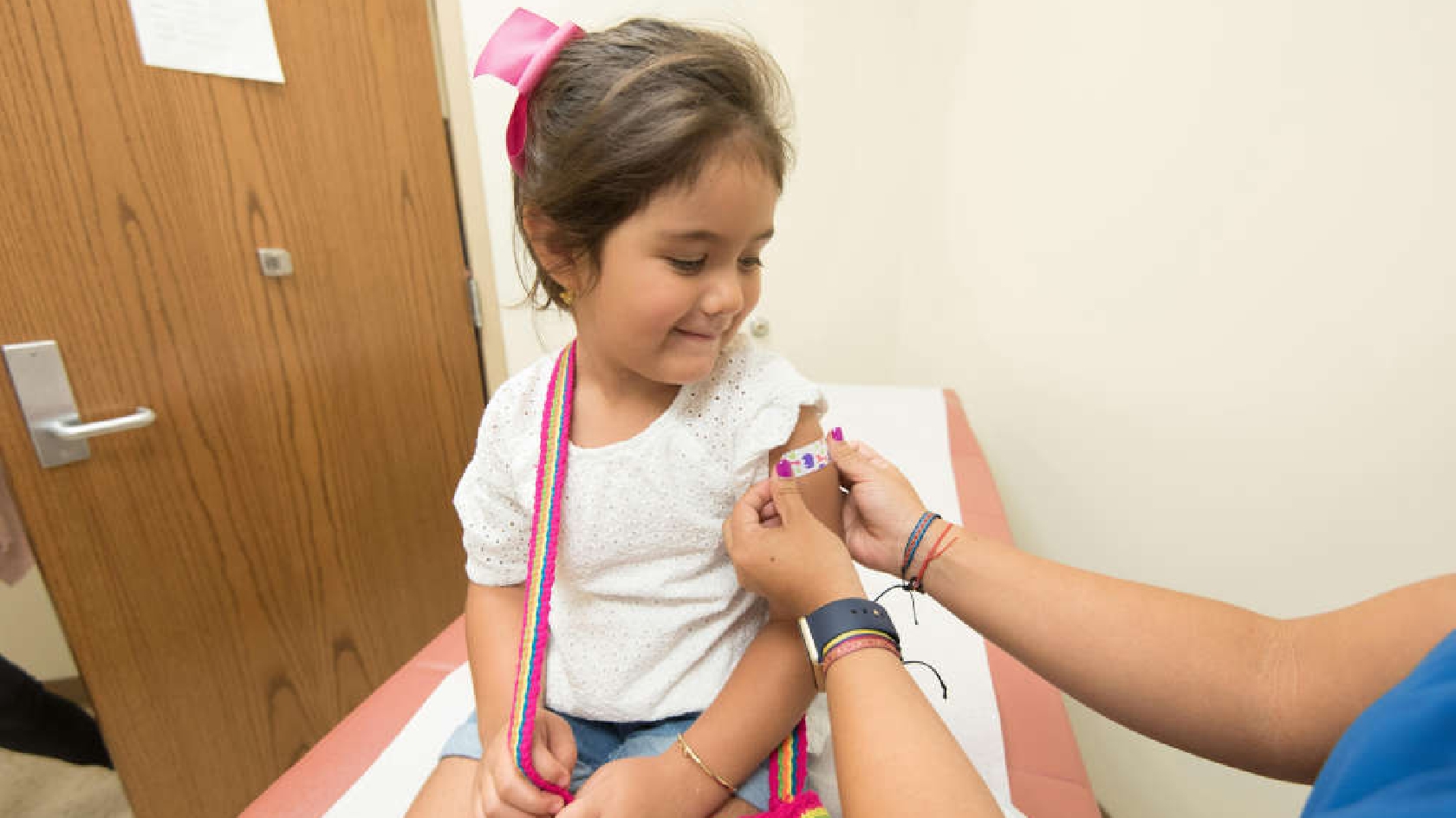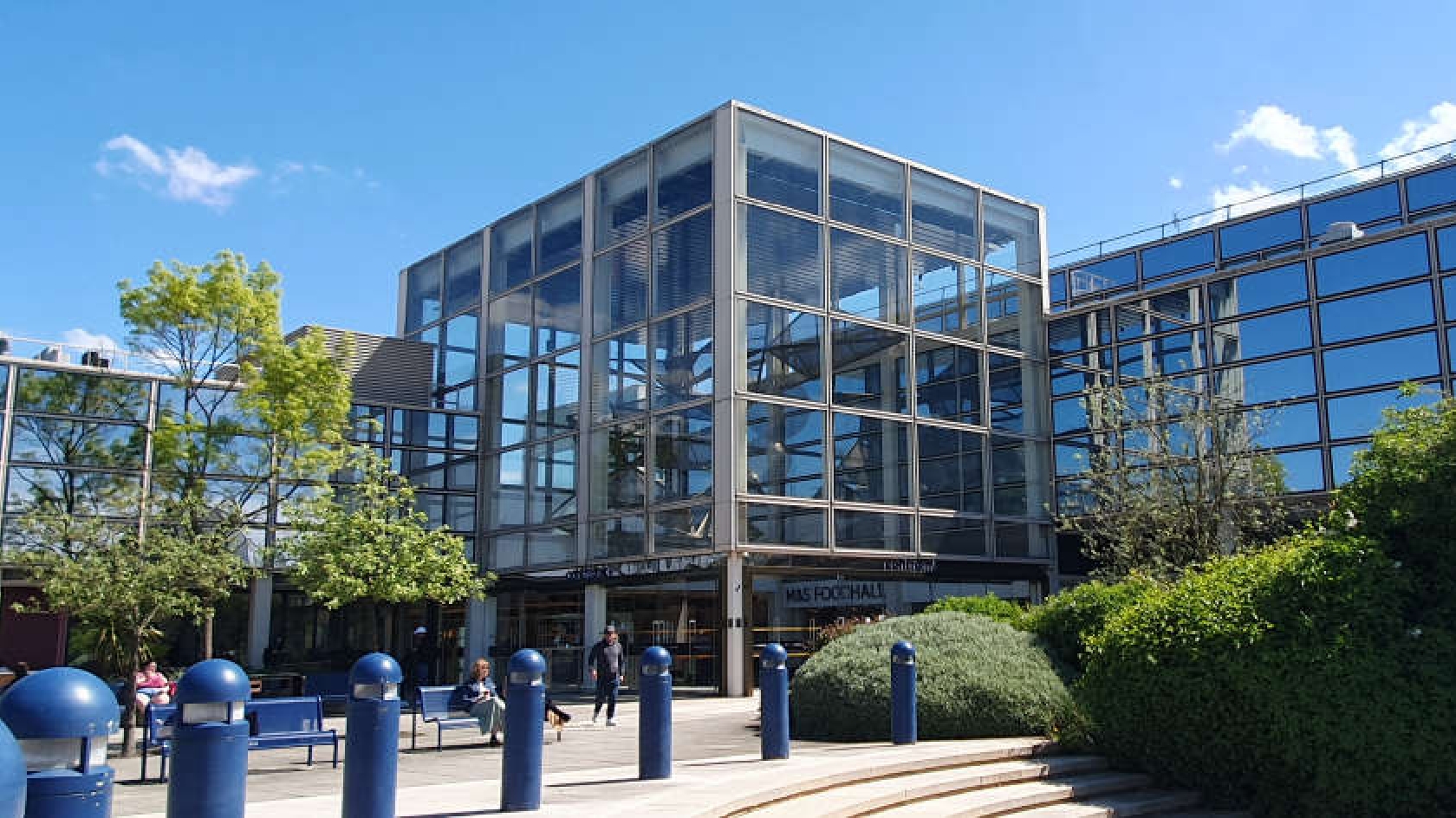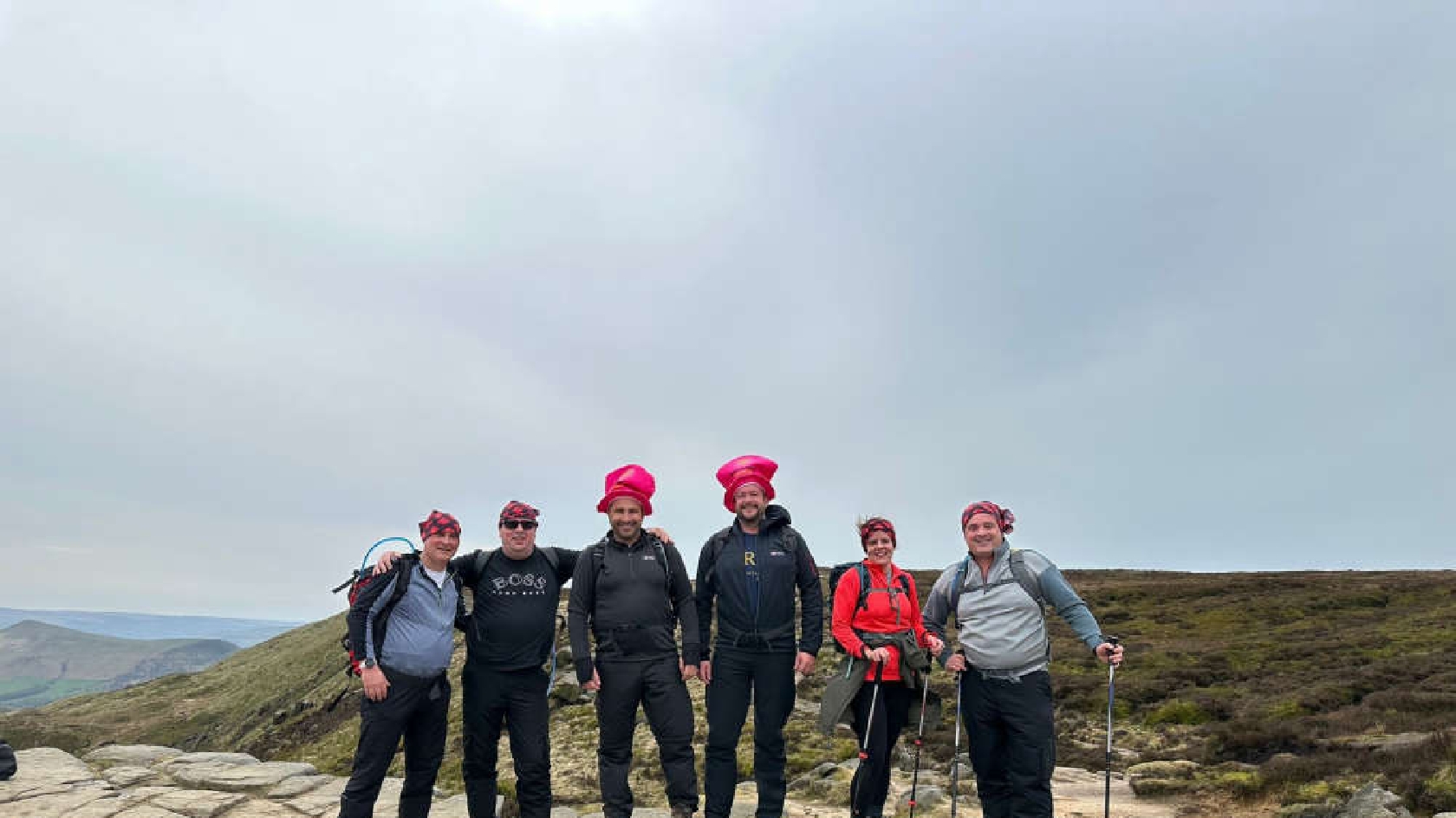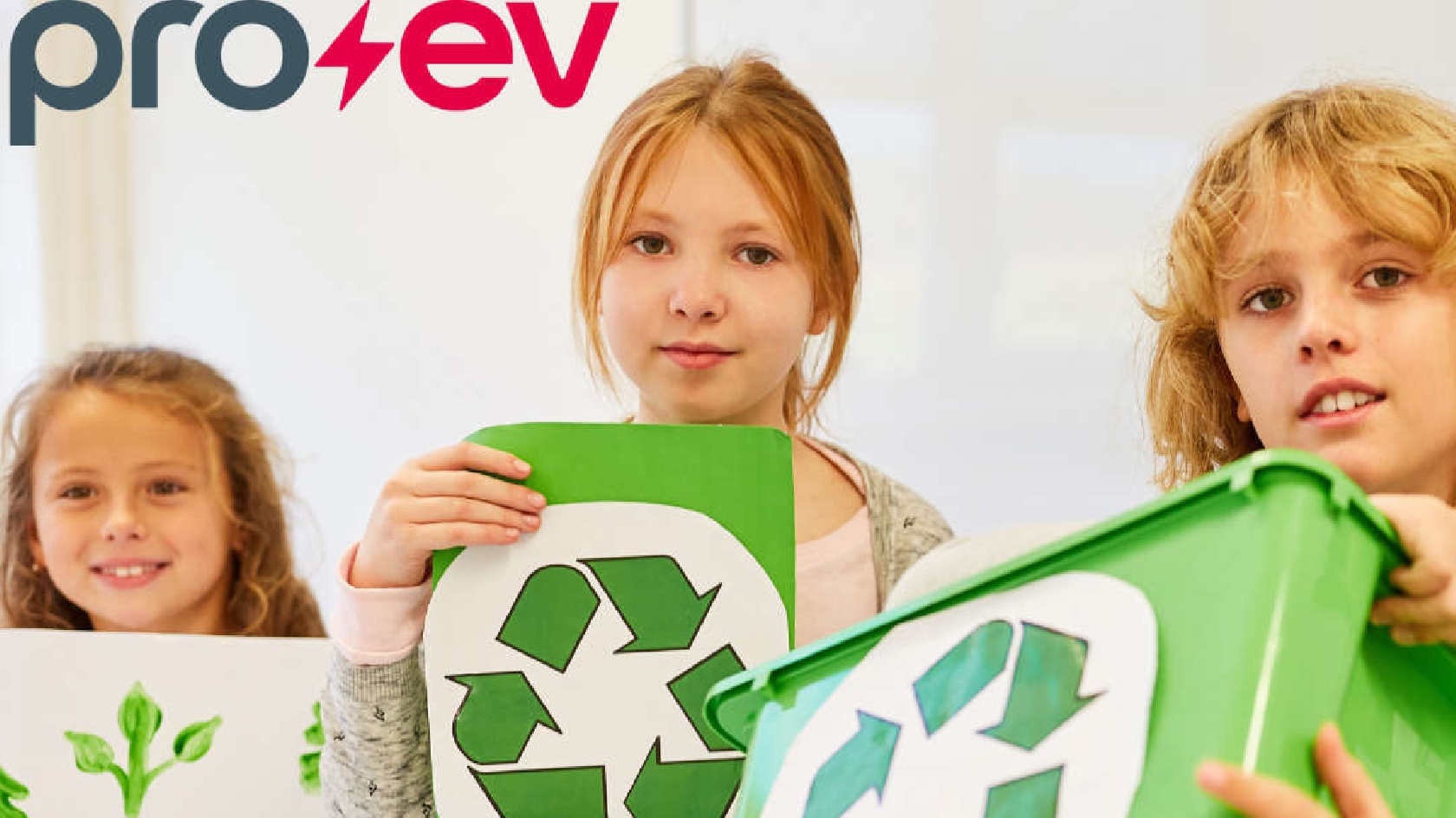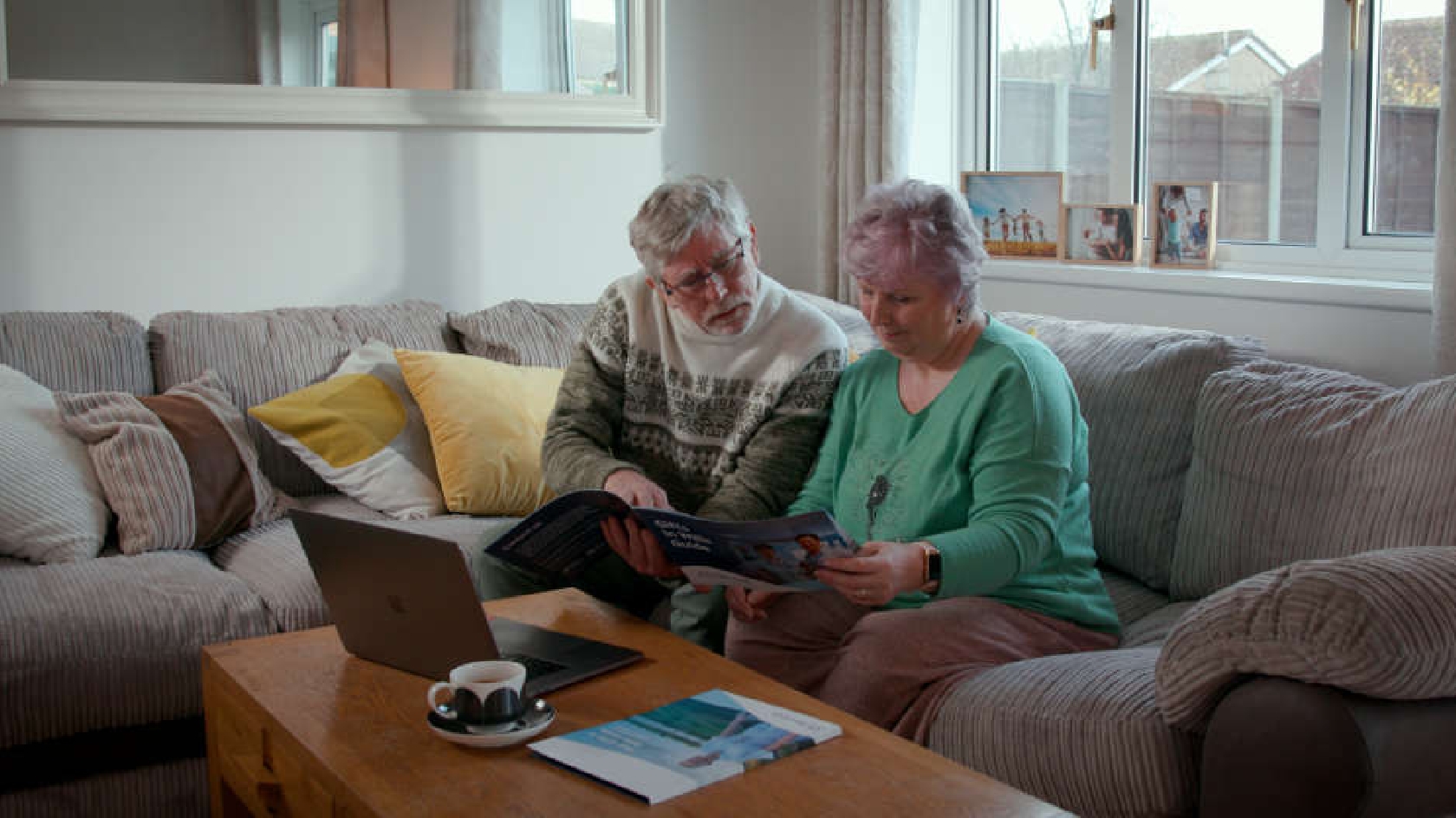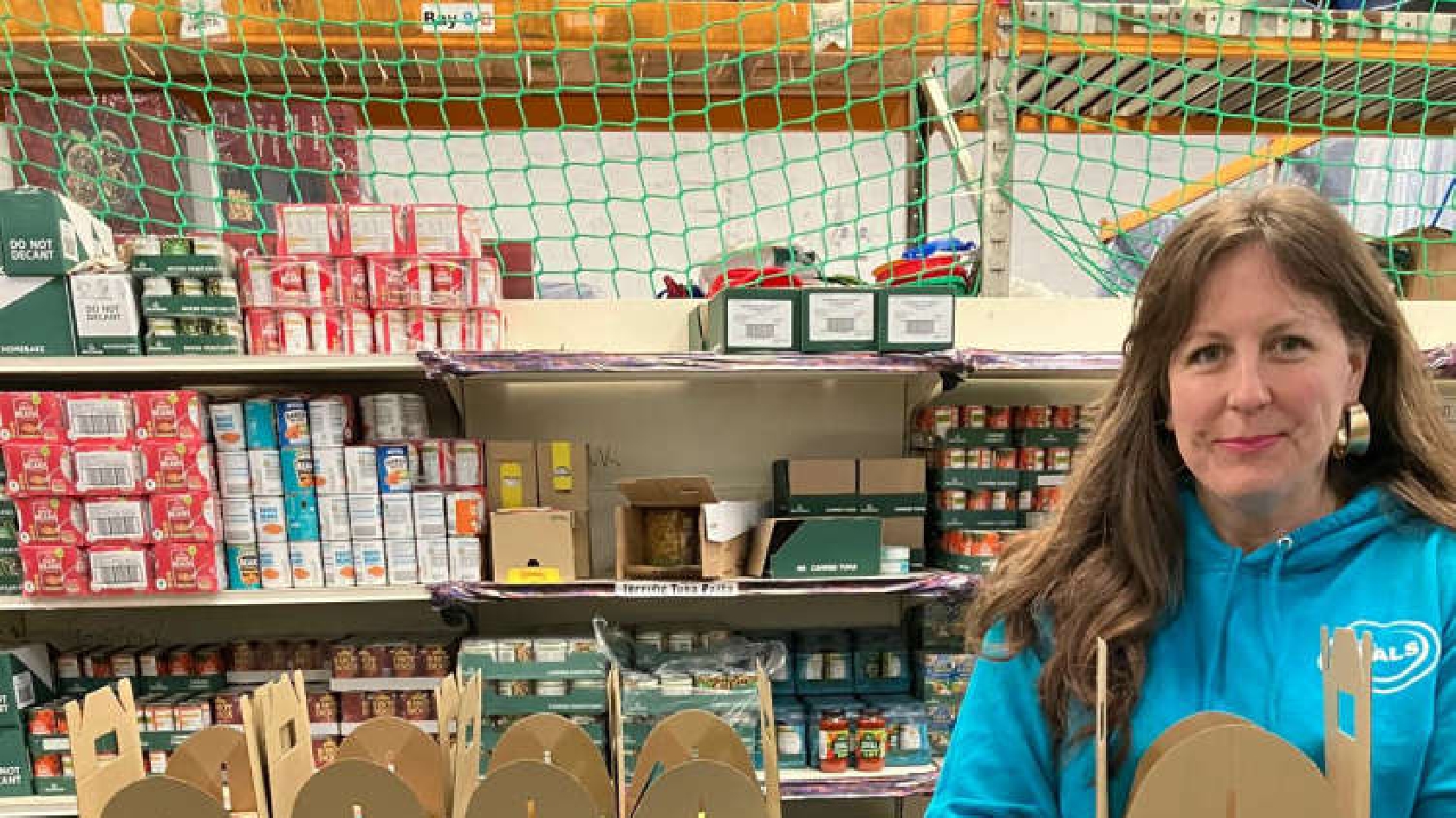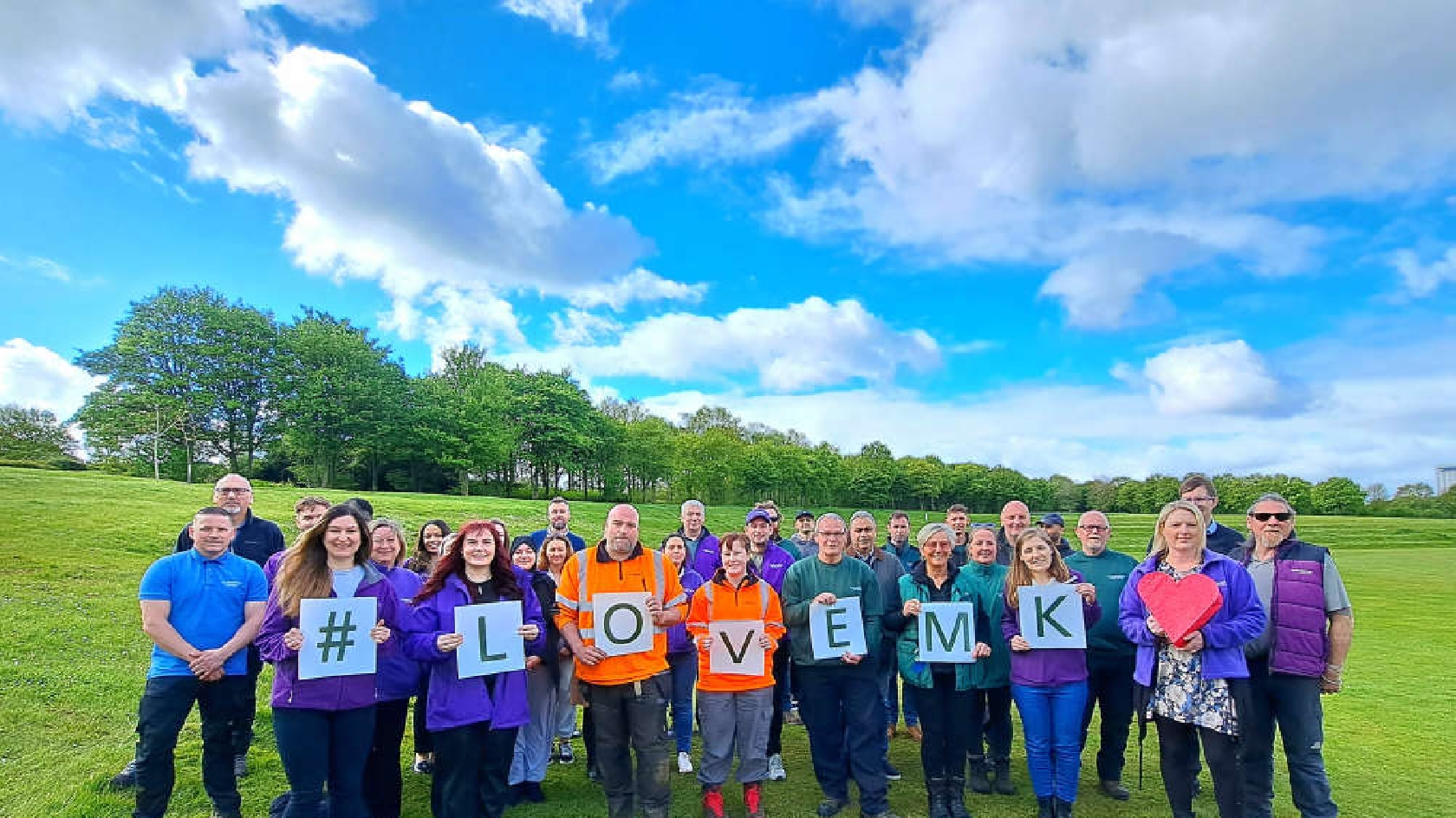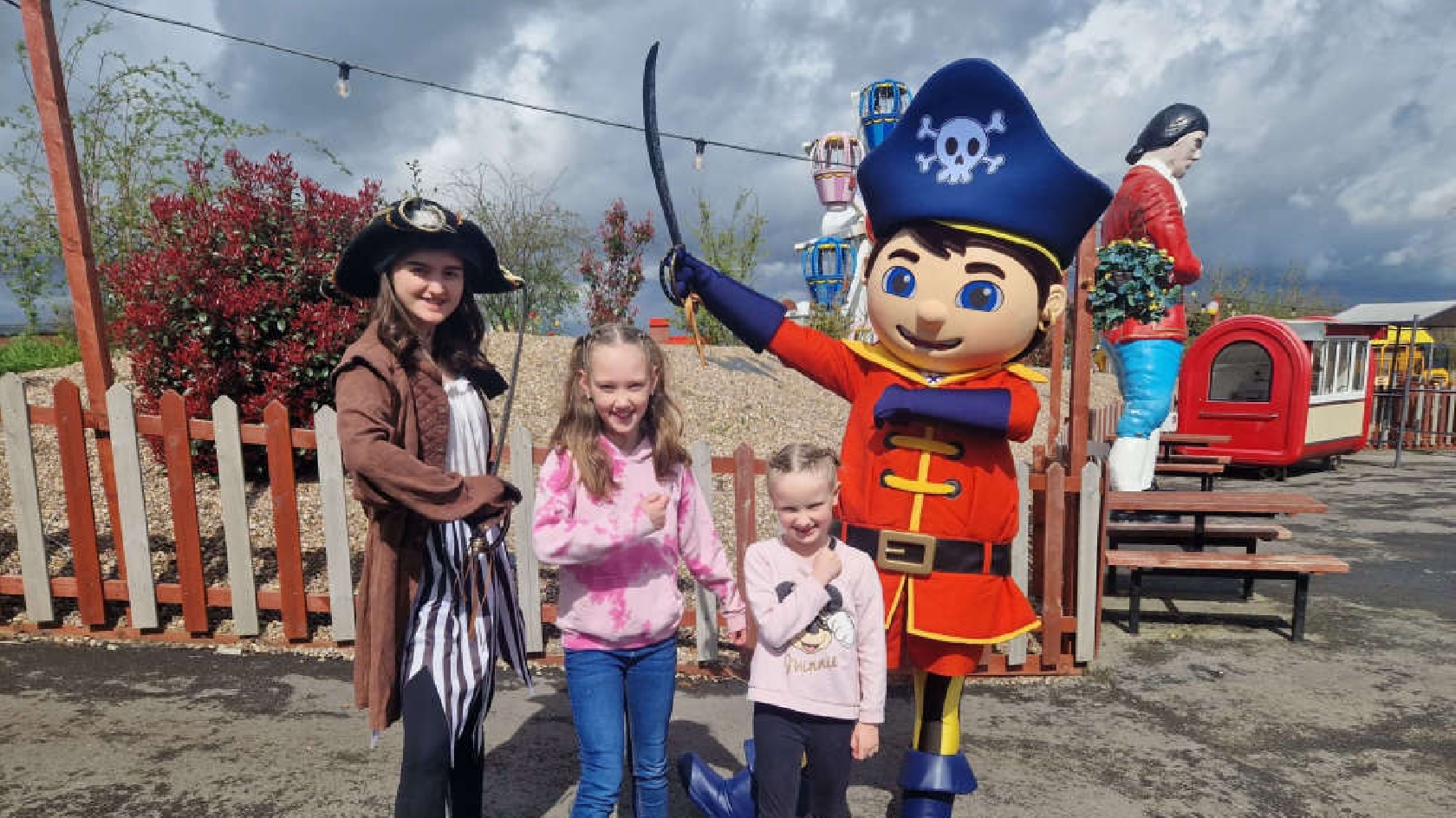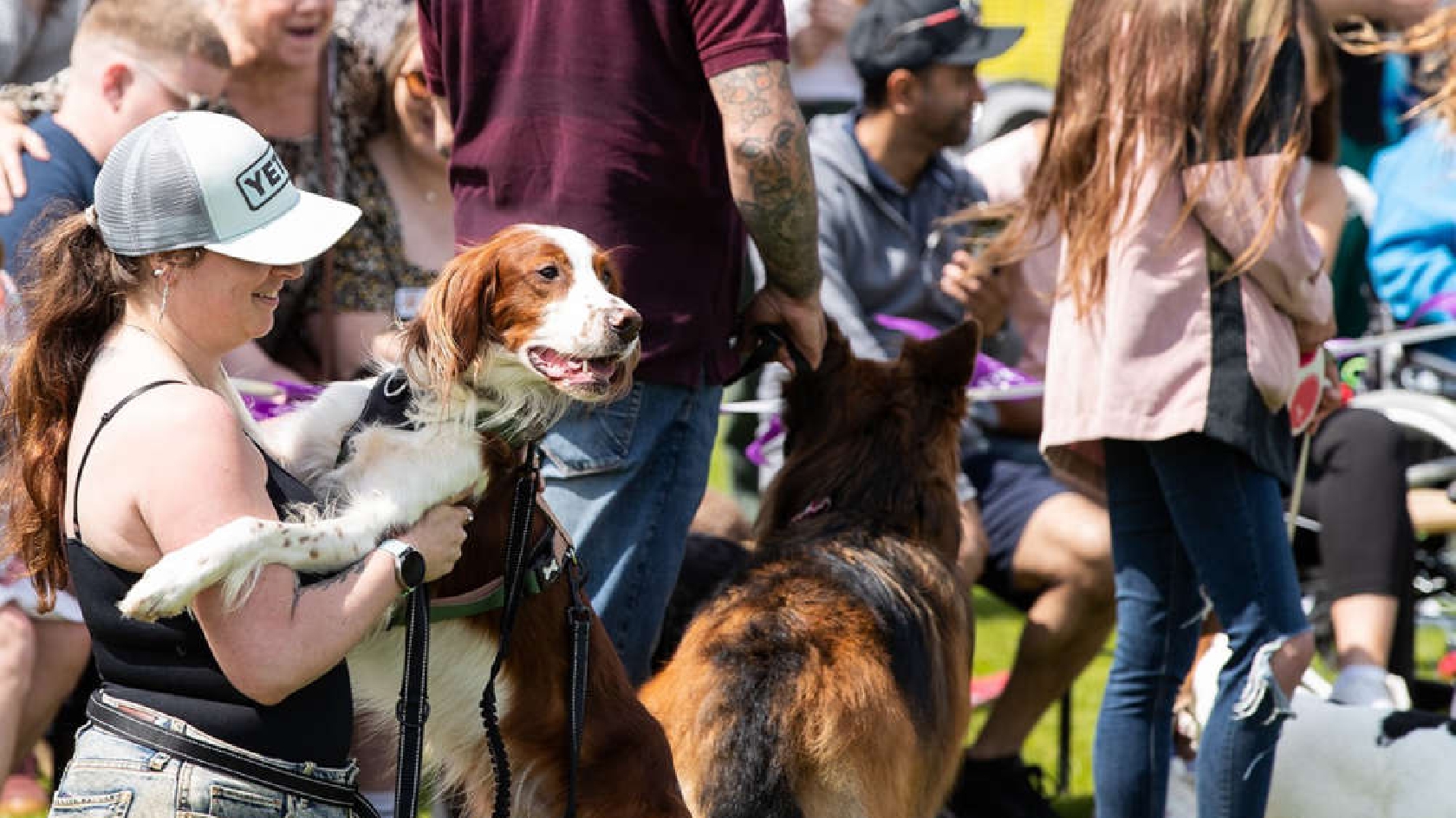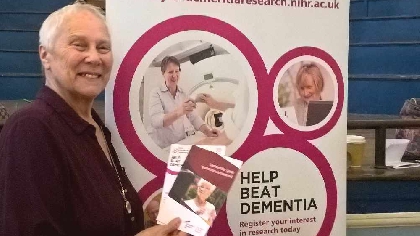
A Milton Keynes woman who has agreed to donate her brain to dementia research after she dies has encouraged the public to help promote NHS research by becoming an official ambassador.
Dianna Moylen, 76, became a Patient Research Ambassador (PRA), where members of the public promote NHS research, after she was told of the initiative through Join Dementia Research, an online service that informs people of studies they could take part in.
The Patient Research Ambassador Initiative (PRAI) is run by the National Institute for Health Research (NIHR) and aims to educate and involve the public about the importance of research trials, for example via events and health awareness days.
Ms Moylen joined a project into the effect of dementia on the brain after losing her mother to the condition. Brains for Dementia Research (BDR) involves people, with and without dementia, agreeing to donate their brain tissue to research after they die.
An event for Patient Research Ambassadors to discuss activities they can support will be held in Princes Risborough, Buckinghamshire, from 10am to 3:30pm on Wednesday 18 April. People who are interested in becoming PRAs should get in touch on comms.crnthamesvalley@nihr.ac.uk or 01865 227252.
Dianna says, “I’m 76. I was always knew I would be old because my mother and grandmother lived to 98. I’m bright, I have a degree and postgraduate certificate in education. I was a teacher. I love words, I love learning foreign languages. My mother was a distant woman, I think entering dementia quite early in her life, she ended up quite badly. I’m interested in so many things, you wouldn’t believe. I love to travel. I’m a musician. I think my brain is the most beautiful thing I have.”
“I believe it’s very important that we give back to our community. At my age, it’s difficult to do it in a very significant way but I love talking to people. I love being with people, they enjoy me. It seems a good way to give back.”
“Without research, people would still be dying of Type 1 diabetes, let alone Type 2 diabetes. People are needed to test medicines. Medicines are needed to save us from dying unnecessarily. Clinical research is the only way that we can use our bodies to support other people, by having things tested on us, if necessary.”
“I tried to talk at my local surgery, but it’s not easy because people are a little bit frightened of research. I’m very much at the beginning of this. I’m up for almost anything. I’m going to talk to some people in Aylesbury about my involvement in clinical research, which hasn’t been enormous with the NHS, but I have been involved in other ways. I’ve helped to test drugs and so on.”
“All we’re born with is our own bodies. If you can offer your own body to help other people’s bodies to get better or prevent disease – I know that dementia isn’t quite mendable yet, but it’s certainly preventable – I think you shouldn’t be afraid. Whenever you enter a piece of research, first of all, you do it voluntarily. Secondly, if you don’t like it, you may leave it voluntarily. No one owns a piece of research, more than you do with giving your body or mind to doing this. It’s safe and it’s a wonderful way to give back.”
